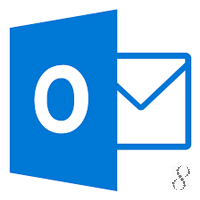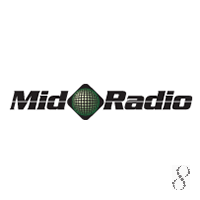Troubleshoot MMF Files
Issues Opening MMF Files
Missing Microsoft Exchange Server
When you double-click your MMF file, you may see a dialog box from your operating system stating that it "Cannot Open This File Type". Generally, this is experienced in - because Microsoft Exchange Server isn't installed on your PC. The typical path of opening your MMF with a double-click won't work because - cannot make the program connection.
Tip: When another MMF application is installed, you can choose to open it by selecting "Show Apps" and using that program.
Microsoft Exchange Server Requires Update
Sometimes your installed version of Microsoft Exchange Server won't support your Microsoft Message File file. You will need to download a newer version of Microsoft Exchange Server if you don't have the right version. This problem is predominately due to having a Microsoft Message File file version that was created by a newer version of Microsoft Exchange Server than what you have installed on your PC.
Tip: Right-clicking on your MMF, then clicking "Properties" (Windows) or "Get Info" (Mac), can provide clues about your file version.
Conclusion: The majority of MMF file opening issues are due to not having the correct Microsoft Exchange Server version installed.
Additional MMF Opening Issues
Errors opening Microsoft Message File files can still occur even with the latest Microsoft Exchange Server software installed on your computer. Other MMF opening errors can be created by other system problems inside of - . Other contributing causes:
- MMF file references in the Windows Registry are broken
- Mistaken removal of the Windows registry MMF description
- Partial installation of Microsoft Exchange Server that did not fully complete
- MMF file corruption
- Malware-tainted MMF file can't be opened
- Drivers associated with MMF software need to be updated
- Insufficient system resources to successfully open Microsoft Message File files
Quiz: What file extension is an audio file?

That's Correct!
AAC, or Advanced Audio Coding File format, is a lossy digital audio compression format. It achieves better sound quality than MP3 at the same bit rate.
Close, but not quite...
AAC, or Advanced Audio Coding File format, is a lossy digital audio compression format. It achieves better sound quality than MP3 at the same bit rate.



























